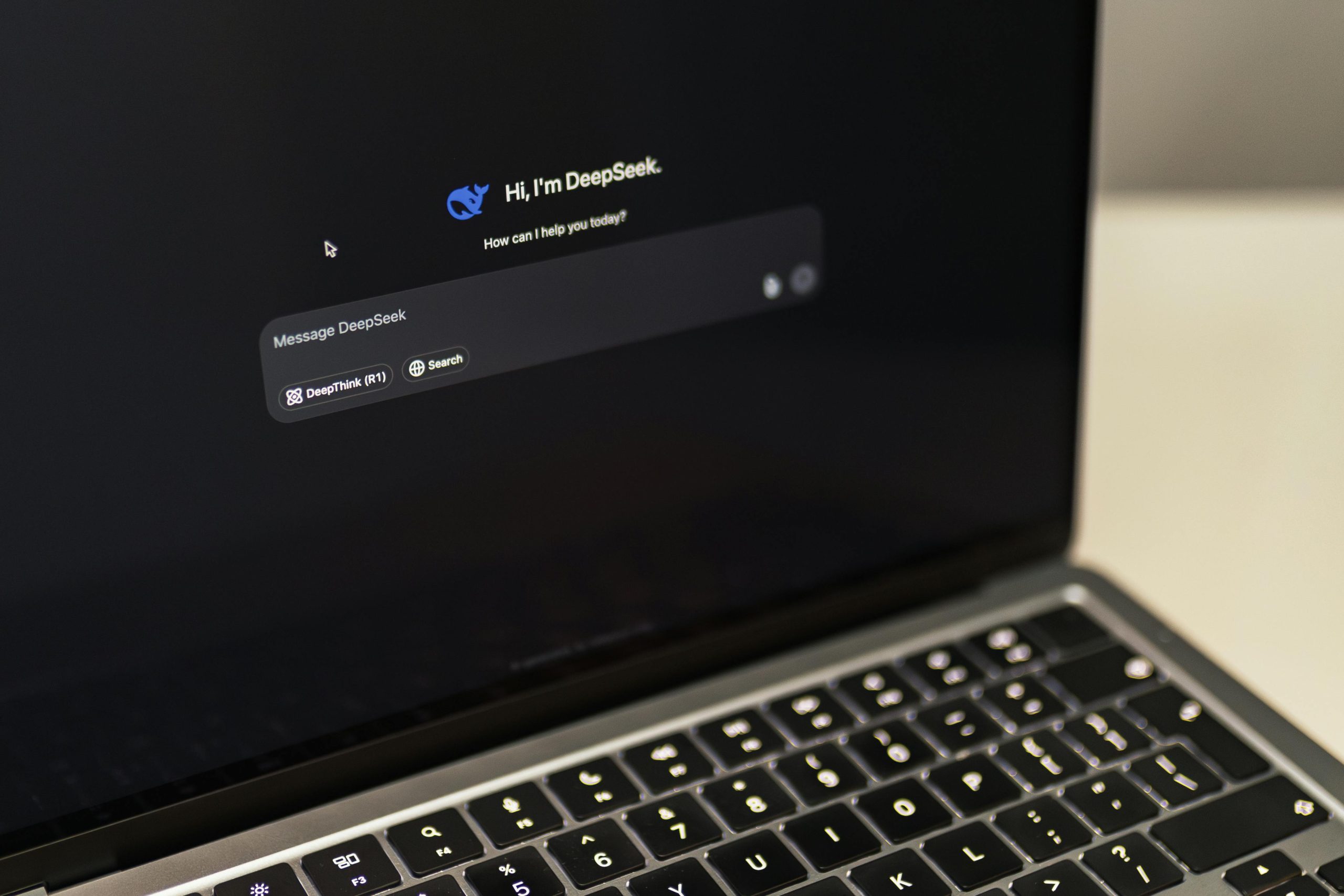I don’t think AI is going to make disinformation worse.
Will Artificial Intelligence Exacerbate the Problem of Disinformation? A Nuanced Perspective
In ongoing discussions about the impact of AI on information integrity, a common concern is that artificial intelligence might significantly amplify the spread of disinformation. The worry is that, as AI becomes more capable of generating vast amounts of low-quality or misleading content at scale, our digital environment could become even more cluttered with false or misleading narratives.
Many observe that AI-generated content—ranging from social media posts to videos—has become increasingly prevalent. Given this, it’s tempting to assume that the volume of disinformation will surge, overwhelming our ability to discern truth from fiction.
However, I challenge this perspective by considering human behavior and media consumption patterns. Take, for example, the typical person engrossed in platforms like TikTok: whether AI-generated or not, the consumption remains capped at a certain volume—roughly 100 to 150 short clips in a session. Introducing more AI-created content doesn’t necessarily increase this number; it simply alters the composition of what we see.
Furthermore, the sheer volume of disinformation produced by humans over the years has already been staggering—so much so that even with an influx of AI-generated junk, the core challenge of encountering and sifting through disinformation remains unchanged. Our attention is limited, and our preferences, shaped by personal interests, tend to focus on entertainment and engaging content—be it adorable animals, humorous mishaps, or emotionally charged political statements. The proportion of disinformation within the overall content mix isn’t likely to jump dramatically because of AI; it’s more about the distribution within the existing landscape.
Another subtle aspect is the format in which disinformation appears. Often, AI detours from blatant falsehoods to more insidious, nuanced presentations—think of doctored video clips or selectively edited snippets featuring public figures. These formats can be more convincing and less obviously misleading than straightforward lies, making disinformation harder to identify.
The primary argument against my viewpoint is that AI may enable entirely fabricated videos of celebrities or politicians saying things they never did. While this is a genuine concern, I believe that in the grand scheme—given the current media consumption habits—it won’t drastically alter the overall landscape of misinformation. The scale and nature of the existing information environment mean that AI-driven deepfakes, though problematic, are just another layer in a continuum that includes traditional disinformation.
In conclusion, while AI undoubtedly introduces new challenges in identifying and combating false information, it may














Post Comment